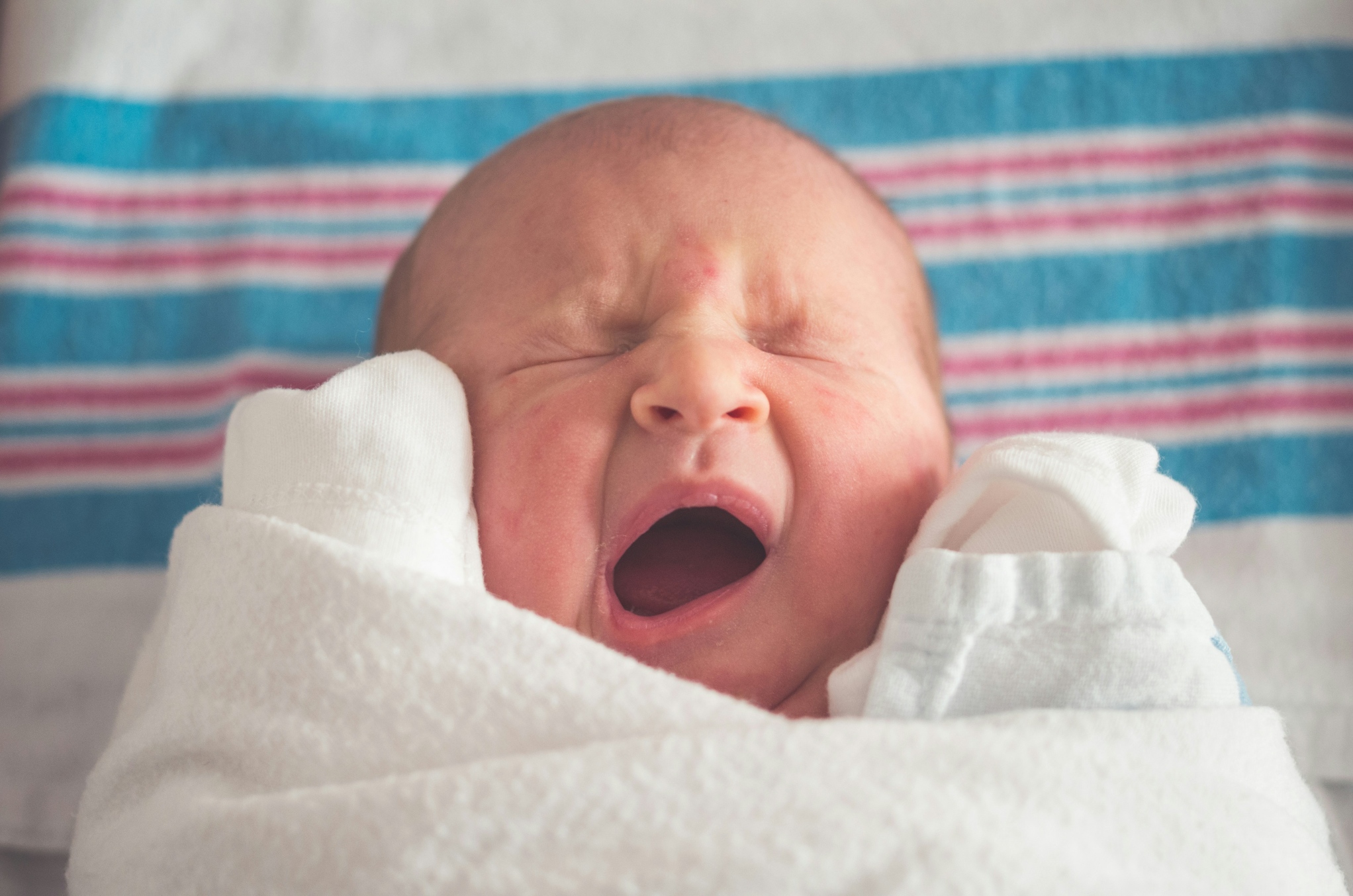BFM x SJMC | Ask A Doctor: Childhood Fevers

In BFM's open clinic segment, Subang Jaya Medical Centre (SJMC) Consultant Paediatrician, Dr Sanjay Woodhull shares that fever has its benefits. This comes back to the fact that fever is your body's defence mechanism. It is recognised that fever inhibits viral bacterial growth and stimulates the immune system. It builds more soldiers, making antibodies more effective, bringing down the infection period faster.
What is fever in a child? The normal temperature is 37 degrees however there is a variance in infants where 36.8 or 38 degrees is considered normal and above 38 degrees is defined as fever. This is likely due to the higher metabolic rate in children and some babies being sensitive to temperature.
Fever is typically due to infective or non-infective causes and more than 95% of fevers are infective, meaning a viral infection. This is when bacteria gets into the body, causing cells and chemicals in the body to be triggered. These cells called cytokines travel through the blood stream up to the centre of the brain where the body's thermostat is.
Think of it like your home conditioning where it is set to 20 degrees and it keeps running until it hits the set temperature and turns off when it does. The same thing happens in the body where it is finely regulated at 37 degrees, and cytokines come in and resets the thermostat causing the body's temperature to rise up to 39 or 40 degrees.
"Fever in itself is a survival benefit and there is good evidence that those with a fever response tends to survive better. The main concern is that it is causing discomfort to the child so the first response is to give something for the child to feel comfortable. But many don't recognise that fever protects you against the infection from getting worse. So, if the focus is mainly for comfort, remember 3 general rules – fever medication, fluids and rest," Dr Sanjay expressed.
The commonest cause of concern for parents and physicians is when fever shoots up causing seizure, brain damage or permanent disability. Essentially, fever does not cause any of these. Children 6 months to 6 years are more susceptible to developing a seizure as their brains are not yet mature however it lasts for less than a minute or two which does not cause harm.

Remember 3 general rules – fever medication, fluids and rest, Dr Sanjay shared.
"I did a survey locally among my colleagues, healthcare professionals, and it is not surprising that 80% of the respondents want to tepid sponge. This happens due to fear of fever and fear of damage but fever does not cause damage. Tepid sponging does not bring the body's thermostat down. Instead the skin temperature drops and the body's response is to elevate its temperature, leading to shivering, which means more discomfort. Evidence suggest that fever medications alone tends to be better than sponging," Dr Sanjay shares.
He advises parents to sit tight for the first 2 days of fever. Give fever medication and monitor how the child behaves. Generally, for pre-school children aged under 6, their fever gets milder after the third and fourth day, and the child gains his or her appetite back and is more active. However despite medication and if the child sleeps throughout the day, experiences seizures and vomits, bring them in to see a doctor.
Source: BFM
